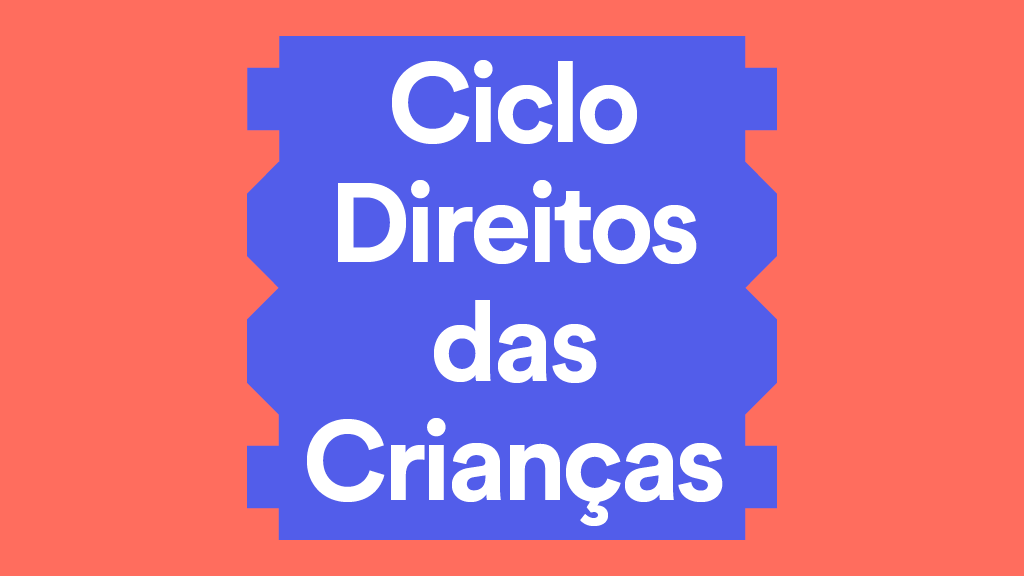Children’s Rights Cycle

Children’s Rights Cycle
It is possible that you might think we organized a cycle dedicated to children’s rights because we are a theatre for children. Part of that is true, yes, but more than just promoting and advocating for these rights—or even memorizing them to avoid forgetting—we want, above all, to reflect on them with you.
Children’s rights are human rights tailored to children. The concept of children as rights-holders is connected to the concern for the early phase of human education and development. Thus, on 20 November 1989, the United Nations unanimously adopted the Convention on the Rights of the Child, which outlines 35 legal principles. These encompass civil, political, economic, social, and cultural rights, built upon four fundamental pillars: non-discrimination, the best interests of the child, survival and development, and the child’s right to be heard.
Recent contexts are posing new challenges to scientific thinking, particularly those emerging from Psychology and Pedagogy, which have constructed the image we know of vulnerability and the consequent need for protection. Concurrently, the values and principles that were once part of children’s education have also evolved.
After 34 years of the Convention on the Rights of the Child and five years of LU.CA’s existence, questions arise in the light of today’s reality.
How do we protect children from the technological revolution that is changing and reshaping the way they grow up and interact with their surroundings?
How can we ensure cultural access for all children, regardless of their language, geographical location, economic situation, or physical or intellectual disability?
In a democratic practice, how do we empower children to choose and participate consciously and in their own way in everyday life?
Are there still articles to be written? We will discover this over a month and a half of programming, featuring performances, workshops, cinema, readings, and an exhibition.

